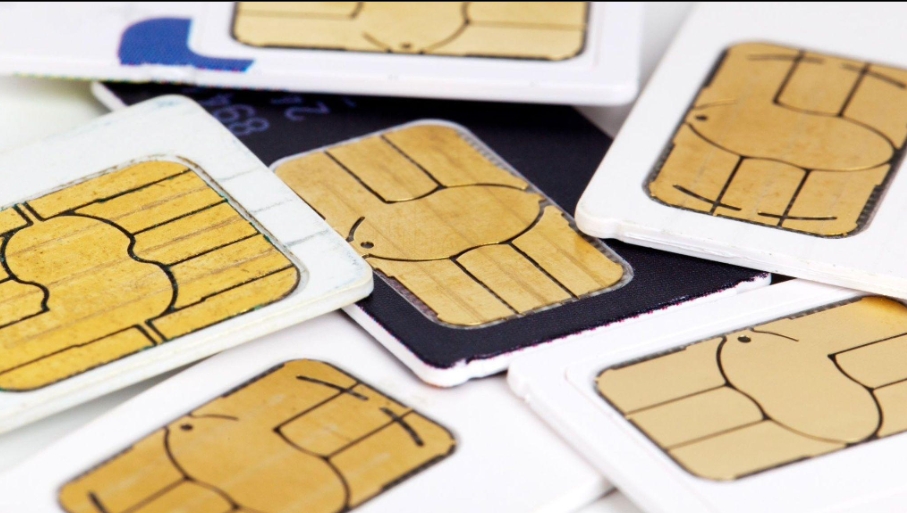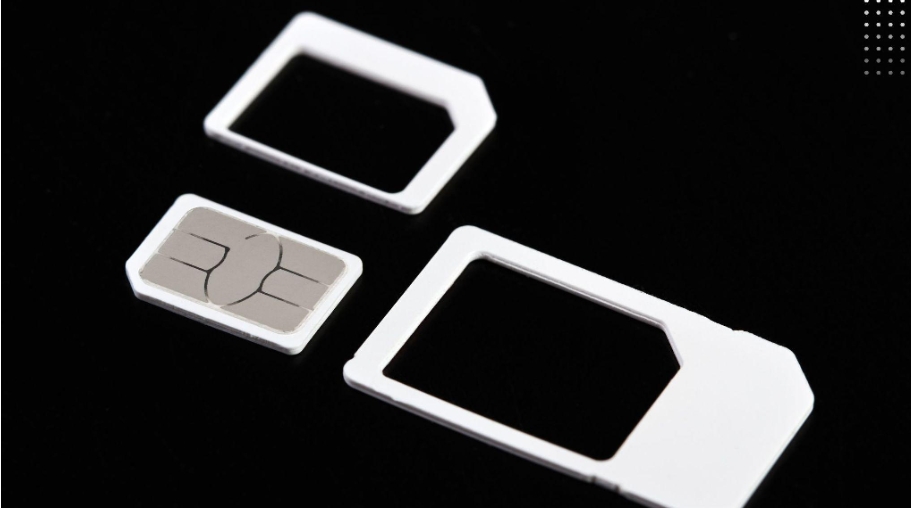The Internet of Things is a unique way of transforming your world. Starting from smart homes and wearing materials to industrial automation and connected cities, it is joining a vast network of interconnected devices constantly exchanging data. But how do these devices connect to the internet and communicate with each other?
Then, the answer is IoT cards. IoT cards are designed expressly to meet the requirements of IoT devices, whereas standard SIM cards link our smartphones and tablets to cellular networks. Let us take a closer look at IoT Sims and examine their benefits, features, and role in enabling the Internet of Things as a whole.
What do you understand about IoT SIM cards?
Traditional sim cards or subscriber identity module cards have been synonymous with some cellular connectivity for mobile phones. However, as the IoT environment has evolved for many long years, there has been a need for connectivity measures. IoT devices frequently have special requirements, like the necessity for minimal power consumption, high dependability, and smooth network connectivity. Not all standard SIM cards are capable of meeting these needs.
The way to present IoT Sims cards is with specialised SIM cards made especially for Internet of Things applications. IoT cards, in contrast to their conventional counterparts, are designed with communication between machines (M2M) in mind. They come with characteristics like improved security protocols, increased coverage, and reduced power consumption. These cards allow Internet of Things devices, independent of location or environmental conditions, to connect to cellular networks with efficiency and dependability.
What are the Applications of IoT Cards?
The importance of IoT Sims has led to their widespread adoption across a number of industries and use cases. There are different examples of how these cards are utilised:
Smart Cities:
In metropolitan environments, Internet SIM cards are powering smart city initiatives, including traffic management systems, public transportation networks, and environmental monitoring programs. Through the combination of sensors and gadgets around the city, authorities may gather current information to boost efficiency, reduce traffic, and enhance the quality of life for residents.
Healthcare:
Internet SIM cards are enabling telemedicine, medication compliance tracking, and remote patient monitoring in the healthcare industry. Healthcare practitioners can provide individualised care, enhance treatment results, and lessen the need for in-person consultations by linking medical devices and wearables to the Internet, especially in underprivileged rural areas.
In Agricultural Sector:
Internet SIM cards are causing a stir in the agricultural sector as well, where they are being utilised to track animals, monitor soil moisture content, and automate irrigation systems. Farmers may enhance agricultural yields, optimise resource utilisation, and lessen the effects of environmental conditions like pests and droughts by utilising data from IoT-enabled sensors.
Industrial Internet of Things:
In industrial settings, IoT cards are revolutionising processes such as predictive maintenance, tracking of assets, and other necessities with supply chain management. By equipping machinery and equipment with connectivity, manufacturers can guide the performance remotely, identify potential issues before they escalate, and make the operation smooth for more productivity and cost savings.
What are the Benefits of IoT Cards?
The utilisation of IoT Sims offers a lot of benefits for businesses and organisations.
- Enhanced Connectivity: Because IoT SIM cards provide dependable, always-on connectivity, devices and backend systems may communicate with one another with ease. This connectivity is necessary for remote monitoring, real-time data transfer, and control of Internet of Things deployments.
- Protection: To guarantee safe data transfer and stop unauthorised access, IoT SIM cards come equipped with advanced security features, including encryption and authentication. This level of security is necessary to preserve the integrity of IoT ecosystems and safeguard sensitive data.
- Efficiency in terms of cost: Pay on a monthly or tiered data plan is a common flexible pricing structure for IoT SIM cards, which lets organisations scale their IoT deployments economically. Also, maintenance expenses and downtime are reduced by capabilities like internet upgrades and remote provisioning.
- Global Coverage: IoT SIM cards are able to function on a variety of cellular networks and frequencies, which guarantees coverage in a wide range of geographical areas. For multinational corporations and organisations with connected devices spread across several nations or regions, this worldwide coverage is very beneficial.
How to Choose the Right IoT Card for Your Needs?
With a growing number of IoT card providers in the market, selecting the right option for your needs can be a difficult task. There are factors that are considered when opting for the right SIM card. You should make sure that the provider offers proper cellular network coverage in the regions where your devices will operate. You should select a data plan based on how much data you need to send. Plans with levels of options or flexible usage-based payment should be sought. Know about security features.
Give priority to service providers who can protect your data transfers with strong security features. You should think about a management platform. You can assess the features and ease of use of the SIM management platform that the supplier offers. You can evaluate the provider’s ability to sustain a possibly growing network of devices and meet your future development ambitions.
What is the Future Outlook of Connectivity?
The Internet of Things continues to evolve at a faster rate, so the functionalities and capabilities of IoT Sims are shaping the future of connectivity. Technology developments like edge computing, 5G networks, and artificial intelligence will expand the capabilities of IoT devices and open up new use cases and applications. Furthermore, as IoT platforms and ecosystems proliferate, varied stakeholders will be more likely to collaborate and work together, which will accelerate innovation and open up new opportunities for both consumers and enterprises.
How to Enhance IoT SIMs Landscape?
IoT Sims are important to the Internet of Things because of their capacity to enable smooth connectivity and communication for devices across a wide range of sectors and uses. Smart cities and industrial automation are among the domains where IoT cards are contributing to the global digital transformation.





































